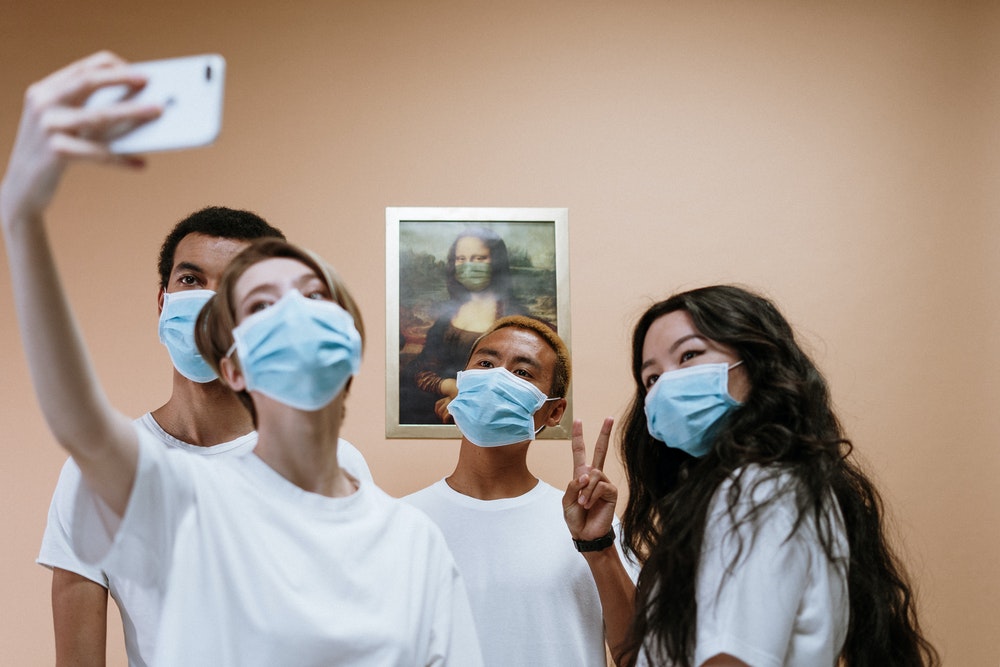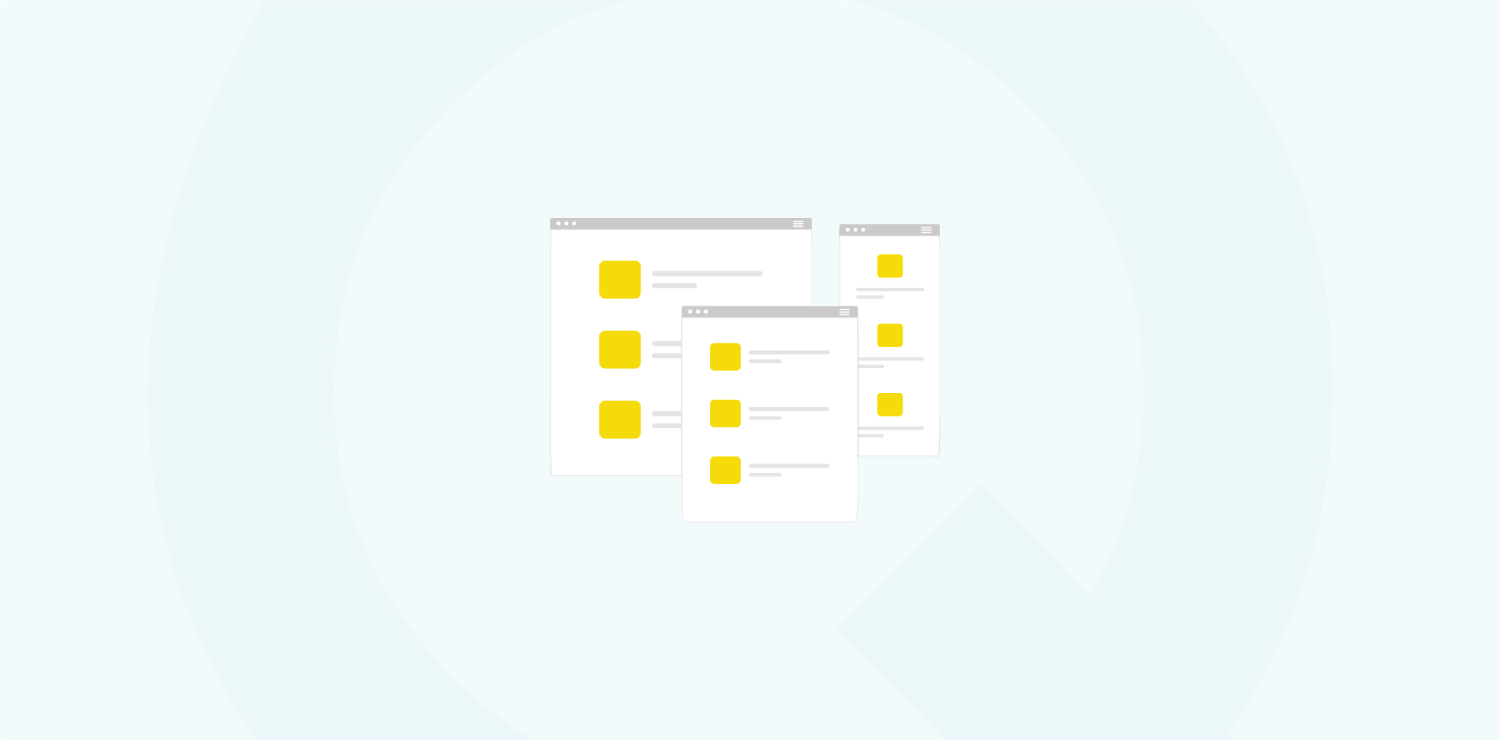‘Team work makes the dream work’, ‘There is no I in Team’, ‘Team work divides the work and multiplies the success’. These statements are widely known and for good reason. Having a team that works well together is important for the success of any project.
It is not enough to assemble teams and let the members figure out how to relate on their own. Leaders need to take deliberate steps in order to support them and encourage better teamwork. This article discusses 8 ways that could work for your team.
First, get the team composition right
It is hard to encourage better teamwork without having the right team members to begin with. It is important to have people with the technical skills to get the job done. But in order to have a team that succeeds, there are other things to consider as well. Some of these are;
Good communication skills
This will help individuals share information and more with colleagues. People with good communication skills are likely to facilitate problem solving and that is a skill you want on your team.
Curiosity
Look out for people with curiosity and a willingness to learn. They might not know everything but are able to admit that and learn from team members.
A cultural fit
An individual might be excellent at their work but if they do not fit in with the culture then they will struggle when it comes to being a good team member. For this reason, you can use a DISC test to understand how to use each one’s skills.
At the same time, it is important to be able to make tough calls and get rid of team members who might be toxic to the team.
Have regular team building activities
Team building is essential to teaching team members how to communicate, solve problems together and also play together. According to psychotherapist Esther Perel it is crucial for both companies and individuals to maintain healthy workplace relationships.

Leaders can encourage better teamwork by having a range of team building activities on the work calendar. These activities can be either educational or fun. What is important is that they involve the participation of the entire team.
During team building, teams can identify the strengths and weaknesses that individuals possess. Strengths can be exploited in the work setting and weaknesses can be improved on.
Choose an office layout that facilitates team work
While cubicles encourage individual work, a team based office layout will encourage better teamwork. A team workspace will group employees by teams. It will typically include an area with solo workstations as well as a collaborative workspace so that team members can workshop ideas and have meetings with ease.
Having the office laid out this way facilitates fast and easy communication between team members. It is easy to reach across ones desk and ask a neighbour a question about a project both are working on. This real time human interaction can make team members more productive and is also good for team cohesion.
Don’t play favourites
As a leader, you might find yourself having better rapport with a particular person on the team. They understand what you mean without you having to say a lot, they are able to rally their peers, they make your work much easier. In short, they are your favourite. But team work is about the group and giving one individual more attention than the rest can be detrimental to the team dynamic.
Playing favourites can lead to resentments amongst the team. It can cause some team members to check out. After all, if only the star employees’ efforts will be recognised, why bother trying? To avoid such situations, ensure that the team tackles responsibilities and tasks together. Make sure that you exploit each individuals’ strengths in order to give everyone a chance to contribute.
Reward the team
Just as attention, tasks and responsibilities should be given to the entire team, so should rewards. Set up challenges with a team reward in place and they are likely to work together to get it. You will observe team members helping each other and offering support because they know that they need each other to win.

Image: Pexels
Clarify team objectives
Encourage better teamwork by clarifying team goals and objectives. If your team is a part of a large organisation, they will be aware of the overriding organisational goals.
However, the team should have its own objectives and goals that are geared towards achieving the overall goals. When the entire team comes together with one goal in mind, they can do great things.
As Steve Jobs said; “Great things in business are never done by one person; they’re done by a team of people.”
In order to encourage better teamwork, these goals need to be SMART. Specific, Measurable, Attainable, Relevant and Time bound. Reiterate these goals in team meetings so everyone knows what they are working towards. In addition, every team member should know what their specific role is.
Do team member check-ins
A team is made up of the sum of its parts and in order for the team to function well, each of those parts needs to be able to do their best. While you focus on the needs of the team, focus on the individuals too.
Do regular one on one check-ins with team members to find out what their needs are and how they can be met. It is not uncommon in strong teams to find strong members carrying their not so strong fellows. While this can be a positive thing, it is a disservice to those who are weak. Leaders should engage with team members and recommend trainings they can attend to help them improve in particular areas.
On the flip side, this imbalance is also a disservice to those who are carrying their weaker teammates. They might end up being overwhelmed or suffering burnout. In a one on one check in, managers will be able to remedy this situation before it turns into a problem.
In Summary
Teams that work well together can produce better work and innovate faster. They challenge each other and have healthy competition. The results of better team work aren’t only centred on output.
They include improved wellbeing in the workplace and better relationships. Organisations and groups that wish to enjoy these and more benefits should encourage better teamwork.



